Due to increased migration in recent decades, universities must adapt their practices to meet the needs of a changing student body. Many immigrant students desire to complete their studies at universities, yet factors such as language of communication and cultural traditions limit their possibilities. This paper comes out of a study titled Educational Aspirations, Opportunities and Challenges for Immigrants in University Education in Iceland. The findings are based on individual interviews with immigrant students and university staff members and focus group interviews with immigrant students. The theoretical framework of the study draws from the ideas of culturally competent counselling. This helps to analyse immigrant studentsŌĆÖ experiences of formal and informal support during their university studies (Arredondo et al., 1996; Maunonen-Eskelinen, Kaikkonen & Clayton, 2005). Formal support constitutes institutional support provided by the universities, such as orientation programs and social activities of various kinds. Informal support, in contrast, incorporates other means of assistance to immigrant students either through those whom they trust, such as instructors, or community members in the role of cultural brokers. Immigrant students also get support through their present and former friends and through their extended family members. The findings indicate that, despite the challenges that immigrant students face at Icelandic universities, the majority were quite positive about their experiences as they described different types of formal and informal support which they obtained throughout their studies.
H├Čfundar: Susan Rafik Hama, Art├½m Ingmar Benediktsson, B├Črkur Hansen, Kriselle Lou Suson Jonsdottir, Hanna Ragnarsd├│ttir
Efnisor├░: immigrant students; higher education; formal & informal support; inclusive environment; Iceland



